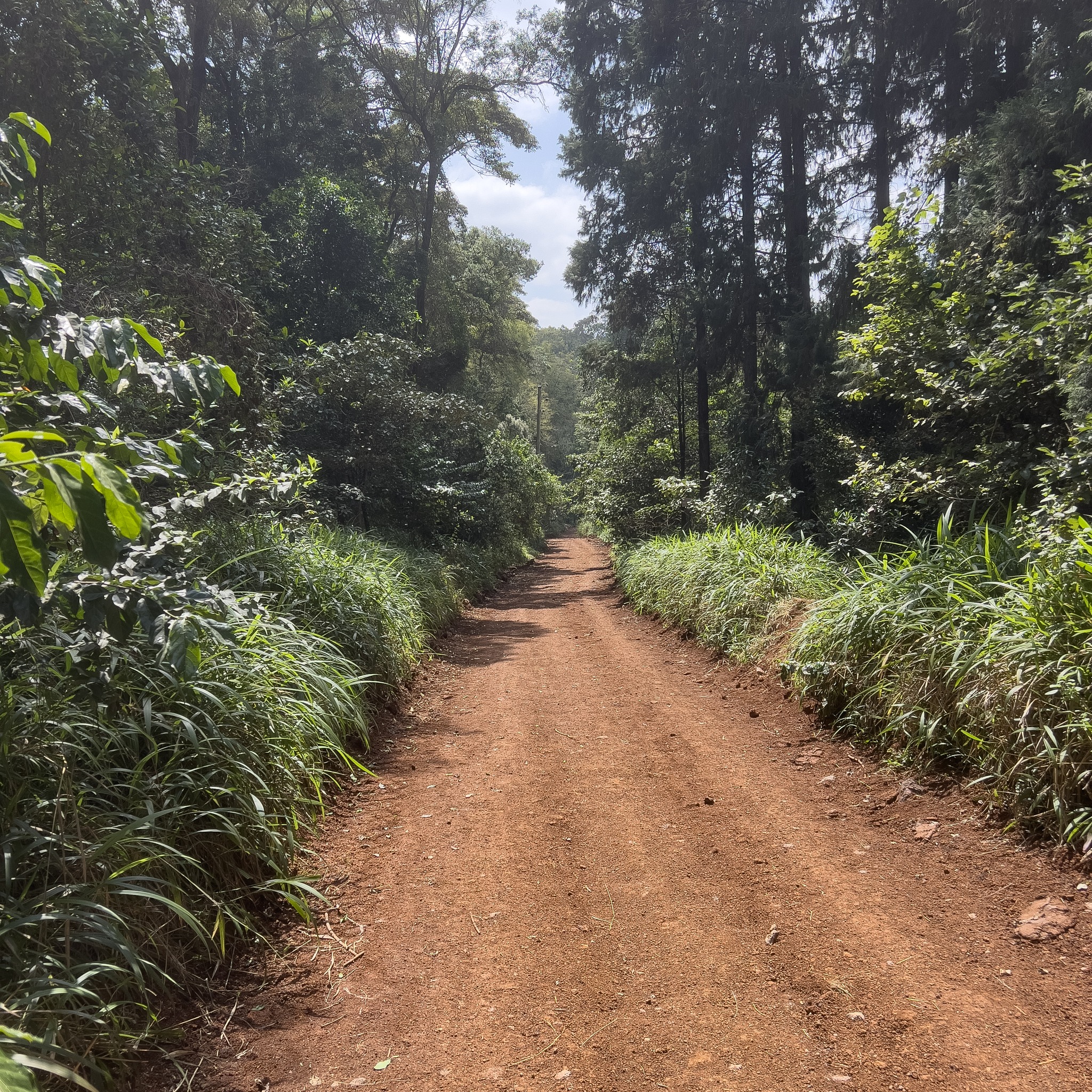Green Belt in court to block Karura Forest road project

The Green Belt Movement has moved to court to block the excision of 51.64 acres from Karura Forest to pave the way for the construction of a dual carriageway along Kiambu Road.
In the petition filed in the Environment and Lands Court, the movement argues that the area set to be encroached upon by the project is the size of 29 standard football pitches.
Additionally, Green Belt accuses the Kenya Forest Service (KFS) of issuing two special licences to a private entity – ASSUP Enterprises and Athi Water Works Development Agency to construct a recreational facility on 2.076 acres of the forest and an ablution block respectively, without comprehensive environmental assessments.
Other respondents include Attorney General Dorcas Oduor, Environment Cabinet Secretary Aden Duale, National Environment Management Authority (NEMA), Kenya National Highways Authority (KeNHA), Apec Construction Limited, Kenya Urban Roads Authority and Sinohydro Corporation Limited.
Green Belt contends that the wayleave granted for the construction of the dual carriage could not take 51.64 acres of the Karura Forest Reserve, adding that even if that were the case, the organisation would still challenge the move.
“While KFS approved the request to grant KeNHA the wayleave in its board meeting enumerated above, KFS cites the 1951 wayleave as the basis for the dualling of the Kiambu road creating an inconsistency on the position the petitioner should rely on, especially when no copies of the wayleave have been shared with the public,” Green Belt’s petition reads in part.
Citing the Environmental and Social Impact Assessment (ESIA) report, GBM said the Sh38 billion project between Kenya and China posed negative impacts to the environment including noise pollution, dust emissions, solid waste generation and increased water demand.
The project would also result in increased energy consumption, generation of exhaust emissions, accidents and hazards during construction, possible exposure of workers to diseases and increased stormwater drainage.
“Other negative impacts include increased sedimentation in water resources such as Karura, Rwaka, Riara, Gatathuru, Kigwa and Gatharaini rivers will mainly be prevented by the use of silt traps and locating stockpiles away from the rivers,” the petitioner informed the court.
These negative impacts on the environment, Green Belt says, outweigh the positive impacts contained in the ESIA report like the creation of employment, ease of traffic congestion and ease of access to hospitals and schools among others.
The Wangari Maathai-founded organisation further faulted KFS for withholding information on public participation a.
“The Petitioner takes issue with not only how the procurement for the construction of the recreational facility by Assup Enterprises Limited was done but also how a private entity was granted the special user licence without obtaining any environmental impact assessments and or obtaining the Environmental Impact Assessment (EIA) Licence from Nemam,” Green Belt says.
Nema has indicated to the petitioner that it is not aware of any such licences that have been entered into by KFS.
Green Belt argues that lack of information from the government agencies and private entities implicated in the case limits the ability of the organisation and the public to question the viability of the Kiambu road project.










